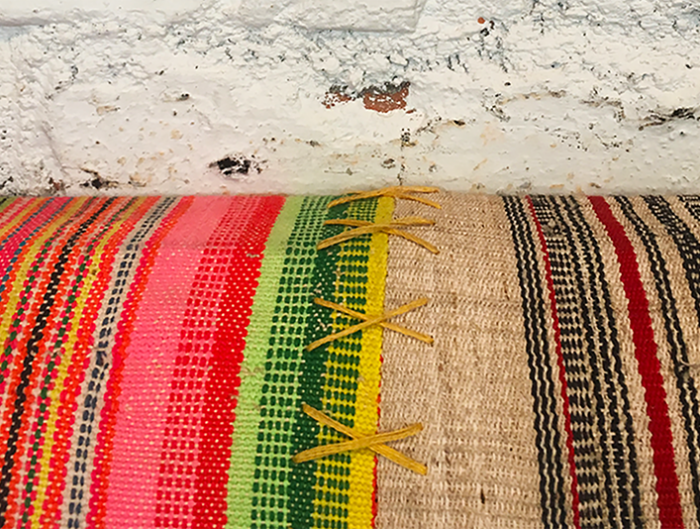In August of 2012, a couple of close friends and I embarked on a cross-country tour from Los Angeles to San Antonio. The three of us were in a local Indie band. For once, I had the luxury of taking in the scenery through the eyes of a passenger. Along our journey, I noticed the many roadside memorials that lined the highway.
These images stuck with me. So, I did what every songwriter does when something sticks with them; I wrote about it. “Flower for the Dead, Parts I & II” is still one of my favorite tunes I wrote from a musical and lyrical sense. I remember sitting in front of my keyboard for months trying to craft this number out. I couldn’t let go of those crosses and the flowers that decorated them. Each cross had a story and here I was trying to sum it up in a six and half minute song; long for a rock song, but a blink of an eye for all the stories those memorials held.
Cross on the Highway by Anthony D’Aries boils down to a personal connection. Usually, I’m not looking for an author’s work to affect me in the way the author intended for their audience. Although I should enjoy the piece on its own, I look for other things that warrant publication with our readers in mind. Cross on the Highway serves two purposes: It directly impacts me and is a well-written body of work.
D’Aries’s delivery is straightforward. In each passage, he doesn’t spend more energy than is needed to move the story along. It’s not verbose or pretentious, yet the visuals are poetic. I’m a sucker for desolate, middle of nowhere, settings. The piece puts you out there, where you absorb the grief the two main characters exhibit. Grief, along a roadside memorial, inevitably paints a bleak landscape, a place where we question the whys and hows of life and why life itself is taken without reason. Our minds fail to process. That’s the stone wall we can never chip away in this world, the existential threshold we face––and D’Aries takes us there. Perhaps the cross in the story is symbolic of the limitations we face and struggle to accept. Consequently, our minds drift while grieving, as demonstrated in the thoughts of the main character. It feels real.
What Cross on the Highway did for me is unique. It put me back in that car in 2012, where I saw those memorials. It made me do something in my mind I failed to do before: get out of the car and ponder one story out of the many lives lost out there. It made me want to go back. In essence, I may have grieved for someone I never knew. RIP Jeff. ◆
